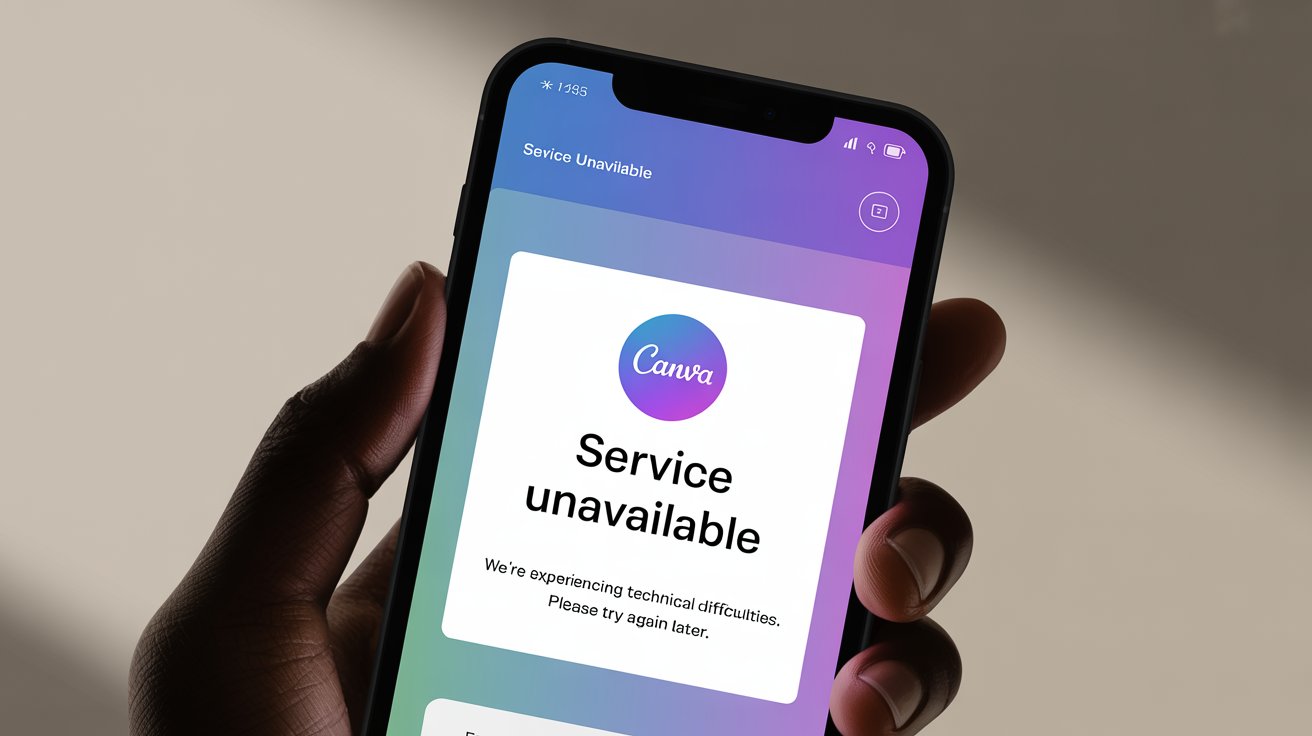Introduction
Palliative care is an essential component of modern health care, focusing on providing relief from the symptoms and stress of serious illness. It aims to improve the quality of life for both the patient and their family. In 2024, the integration of palliative care with other health care services, including hospice care and Medicare Advantage, has become increasingly important. This article explores the significance of palliative care, its connection with hospice care, and the role of Medicare Advantage in providing comprehensive health care.
What is Palliative Care?
Palliative care involves specialized medical attention aimed at alleviating the symptoms and stress associated with serious illnesses such as cancer, heart disease, or chronic respiratory disorders. It is provided by a team of doctors, nurses, and other specialists who work together with a patient’s other doctors to offer an extra layer of support. The primary goals of palliative care are to alleviate symptoms, manage pain, and provide emotional and spiritual support.
Key Components of Palliative Care
- Symptom Management: Palliative care focuses on relieving symptoms such as pain, shortness of breath, fatigue, constipation, nausea, loss of appetite, and difficulty sleeping.
- Emotional Support: It addresses the emotional, psychological, and spiritual needs of patients and their families.
- Coordination of Care: Palliative care teams coordinate with other healthcare providers to ensure that treatment plans align with the patient’s goals and preferences.
The Role of Hospice in Palliative Care
Hospice care is a specific type of palliative care designed for patients in the final stages of a terminal illness. Although all hospice care includes palliative care principles, not all palliative care is categorized as hospice care. Hospice focuses on providing comfort rather than curative treatment and is typically available to patients who are expected to live six months or less.
- Eligibility: Patients are eligible for hospice care when they have a terminal illness and have chosen to forego curative treatments.
- Services: Hospice care includes medical services, pain management, emotional support, and assistance with daily activities. It can be provided in the patient’s home, hospice centers, hospitals, or long-term care facilities.
- Family Support: Hospice also provides support for the patient’s family, offering counseling, respite care, and bereavement services.
Medicare Advantage and Palliative Care
Medicare Advantage (MA), also known as Medicare Part C, is an alternative to traditional Medicare that offers additional benefits, often including comprehensive palliative and hospice care services. In 2024, Medicare Advantage plans continue to play a crucial role in providing access to palliative care.
- Coverage: Many Medicare Advantage plans offer broader coverage for palliative care services than traditional Medicare. This includes home health care, specialized therapies, and access to palliative care specialists.
- Integrated Care: MA plans often provide integrated care management, which helps coordinate between primary care providers, specialists, and palliative care teams. This ensures a more cohesive and patient-centered approach.
- Cost Management: By covering comprehensive palliative care services, Medicare Advantage plans can help reduce overall healthcare costs through better symptom management and reducing hospitalizations.
Benefits of Integrating Palliative Care in Health Care
- Improved Quality of Life: By focusing on symptom management and providing emotional support, palliative care significantly improves the quality of life for patients with serious illnesses.
- Patient-Centered Care: Palliative care respects the values, preferences, and expressed needs of the patient, ensuring that the treatment aligns with their goals.
- Reduced Hospitalizations: Effective palliative care can prevent unnecessary hospital admissions by managing symptoms at home or in a hospice setting.
- Support for Families: Palliative care provides essential support to families, helping them cope with the challenges of caring for a loved one with a serious illness.
Challenges and Future Directions
Despite its benefits, there are challenges in providing palliative care, including limited access, especially in rural areas, and a shortage of trained palliative care professionals. Efforts are ongoing to:
- Expand Access: Increasing the availability of palliative care services in underserved areas through telemedicine and community-based programs.
- Education and Training: Enhancing the training of healthcare professionals in palliative care principles and practices.
- Policy and Advocacy: Advocating for policies that support the integration of palliative care into standard healthcare practices and ensuring adequate funding for palliative care programs.
Conclusion
Palliative care is a vital part of the healthcare system, offering compassionate and comprehensive support for patients with serious illnesses and their families. In 2024, the integration of palliative care with hospice services and Medicare Advantage plans is essential for providing high-quality, patient-centered care. As we continue to advance in this field, the focus remains on improving access, enhancing education, and advocating for policies that support the holistic well-being of patients. Through these efforts, palliative care will continue to play a crucial role in the healthcare landscape, ensuring that patients receive the care and support they need during the most challenging times of their lives.






Thank you for your sharing. I am worried that I lack creative ideas. It is your article that makes me full of hope. Thank you. But, I have a question, can you help me?